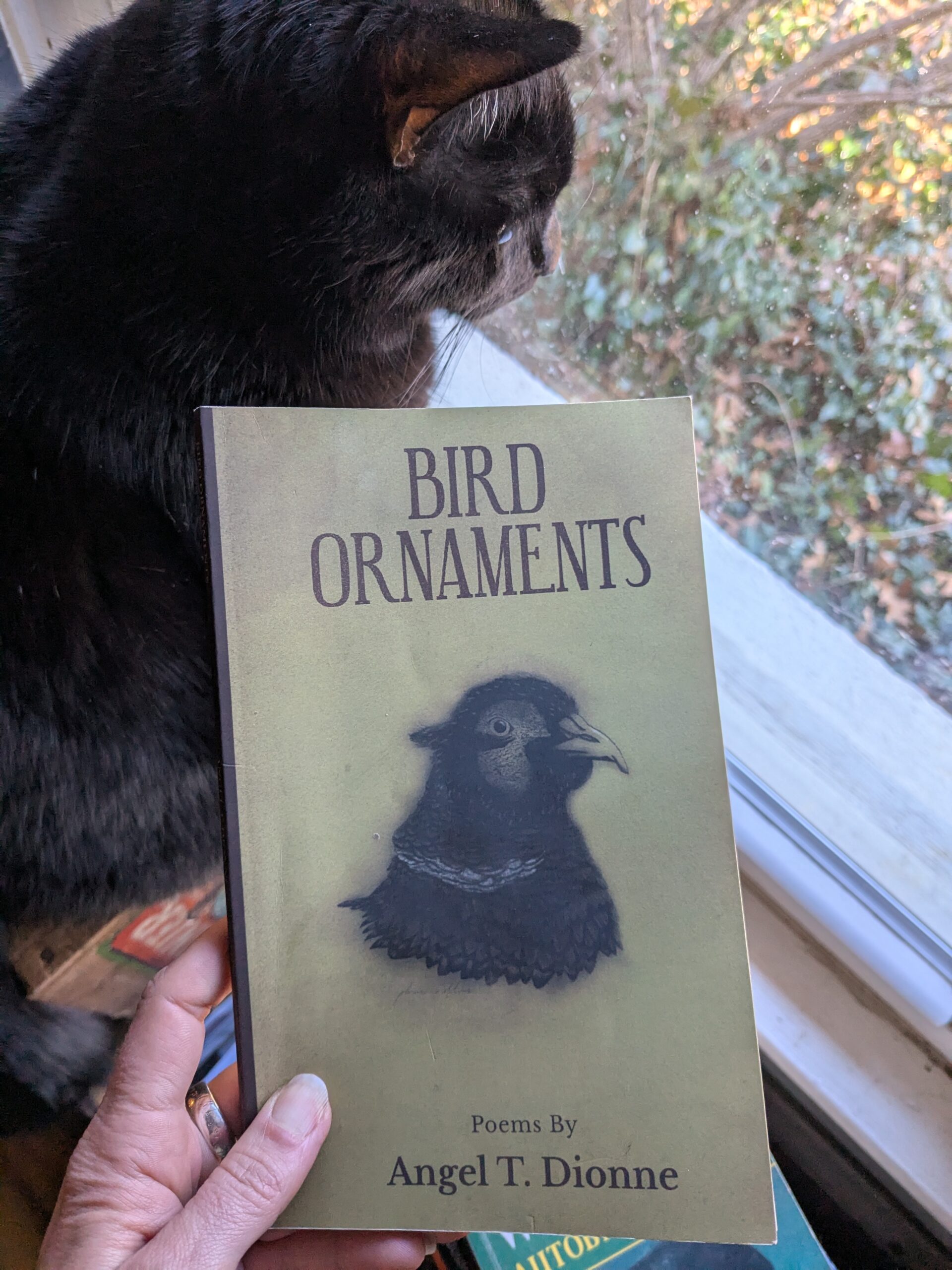Tag: writing
-
Assembling a Woman and Letting Go: Review of Maeve Fox’s “Letting Go of Me”
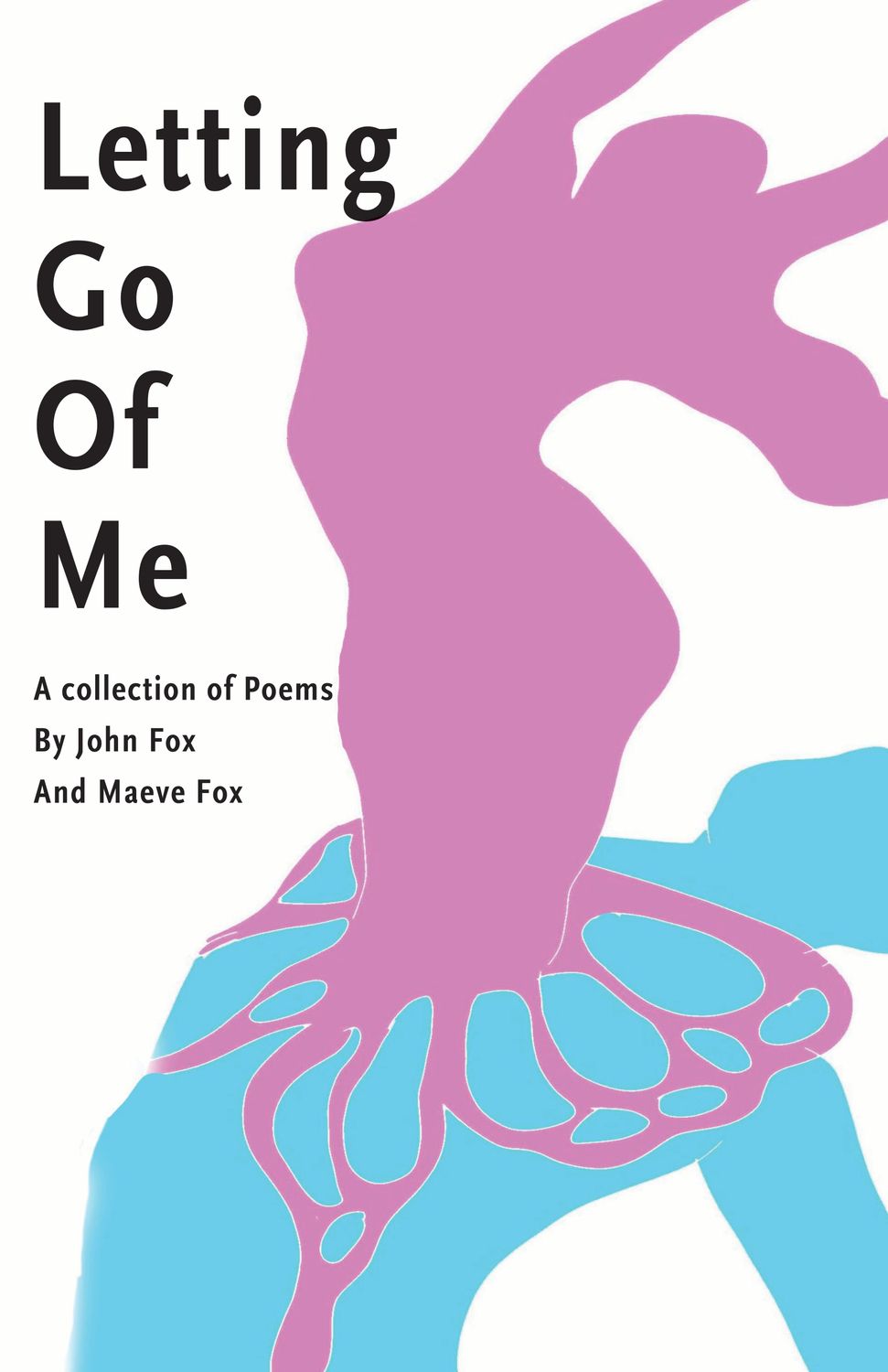
Maeve Fox’s poems show how through the act of “Letting Go,” we become. In her collection of poems Letting Go of Me, published in April 2025 by Redhawk Publications, Maeve Fox braids together past and present, and though the cover says written by both “John Fox” and “Maeve Fox,” a single voice of loving the… Read more
-
Seeing the Forest for the Trees: Revision as Receptivity for Depth and Change
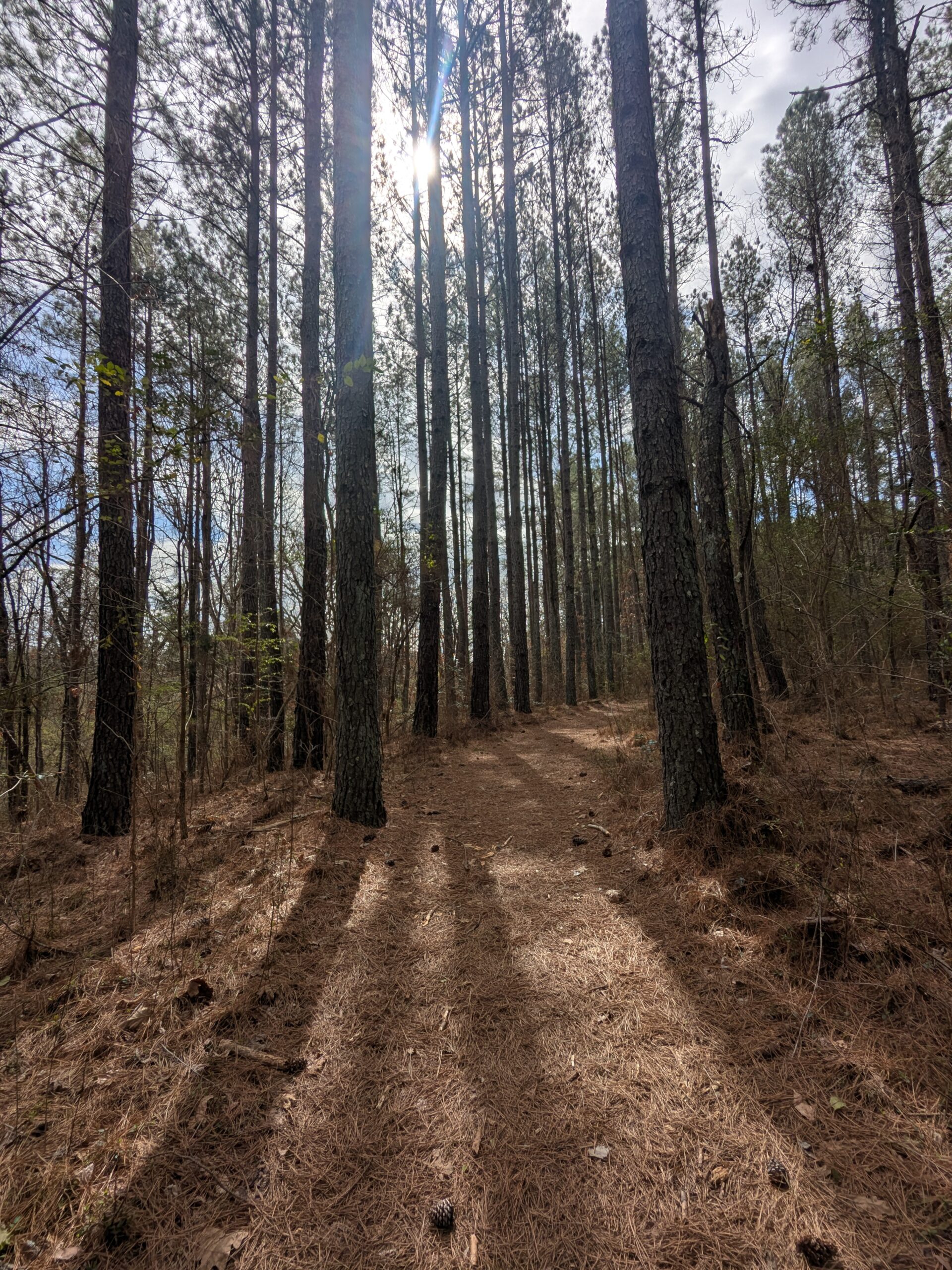
Revision: “making a subsequent draft better than a previous one.” But what does “better” mean when I’m trying to ground myself in “writing as a way of being” or “writing for writing’s sake” and not writing with an end-goal, a linear, teleological purpose? How do I adopt a purposeless purposefulness? The more I have written… Read more
-
From Johnson to Leopold: Dull Certainty to Humble Wonder
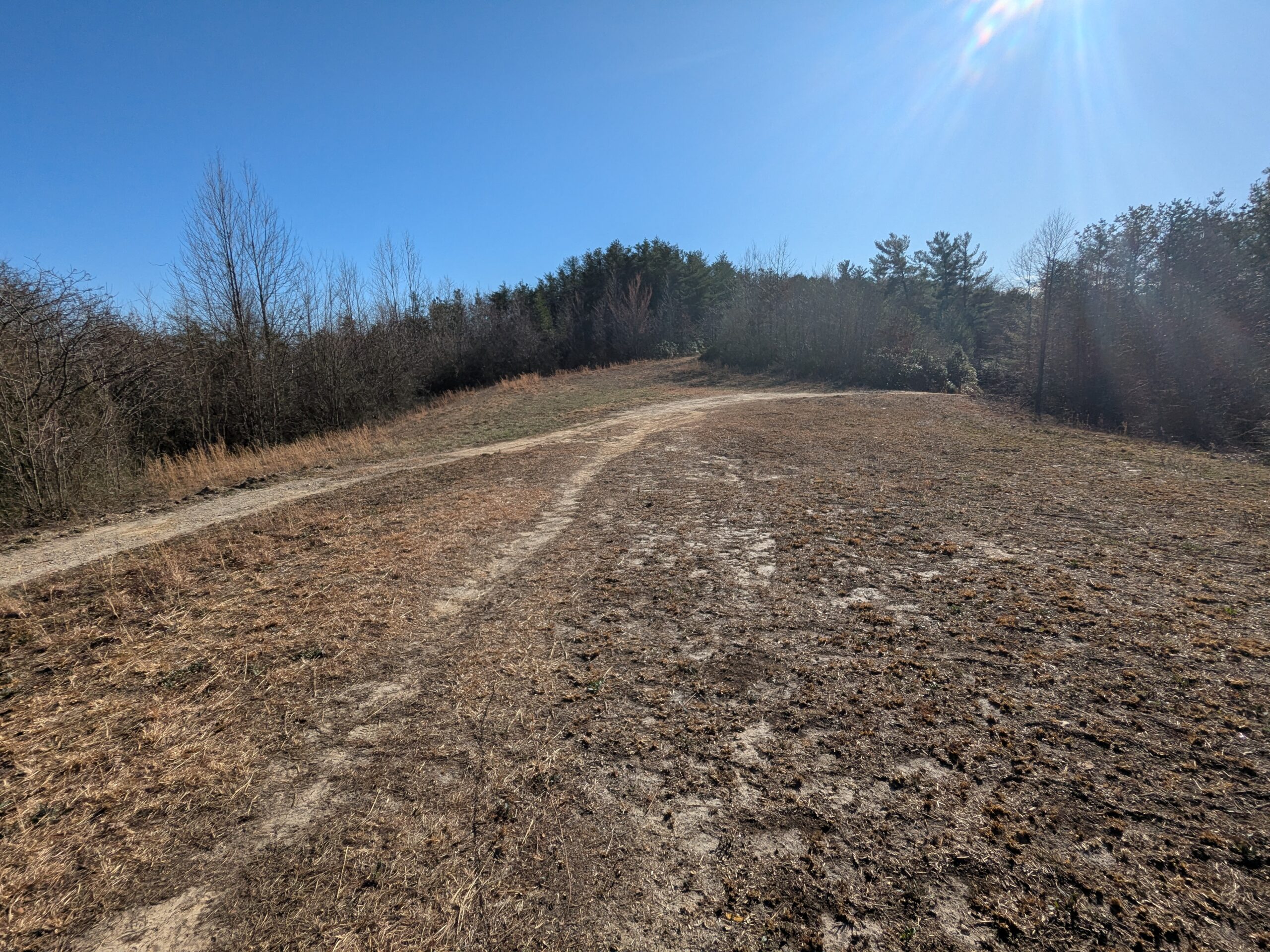
This semester my writing students and I have been exploring in a class I’ve called “Representations of Nature.” Part of our task has been to study how writers past and present have represented their relationship with or cultural perspective of nature via essays, poetry, almanacs, and fiction. Along the way we have our own weekly… Read more
-
We Still Read (Medieval Poetry): Gawain’s Failure as Success
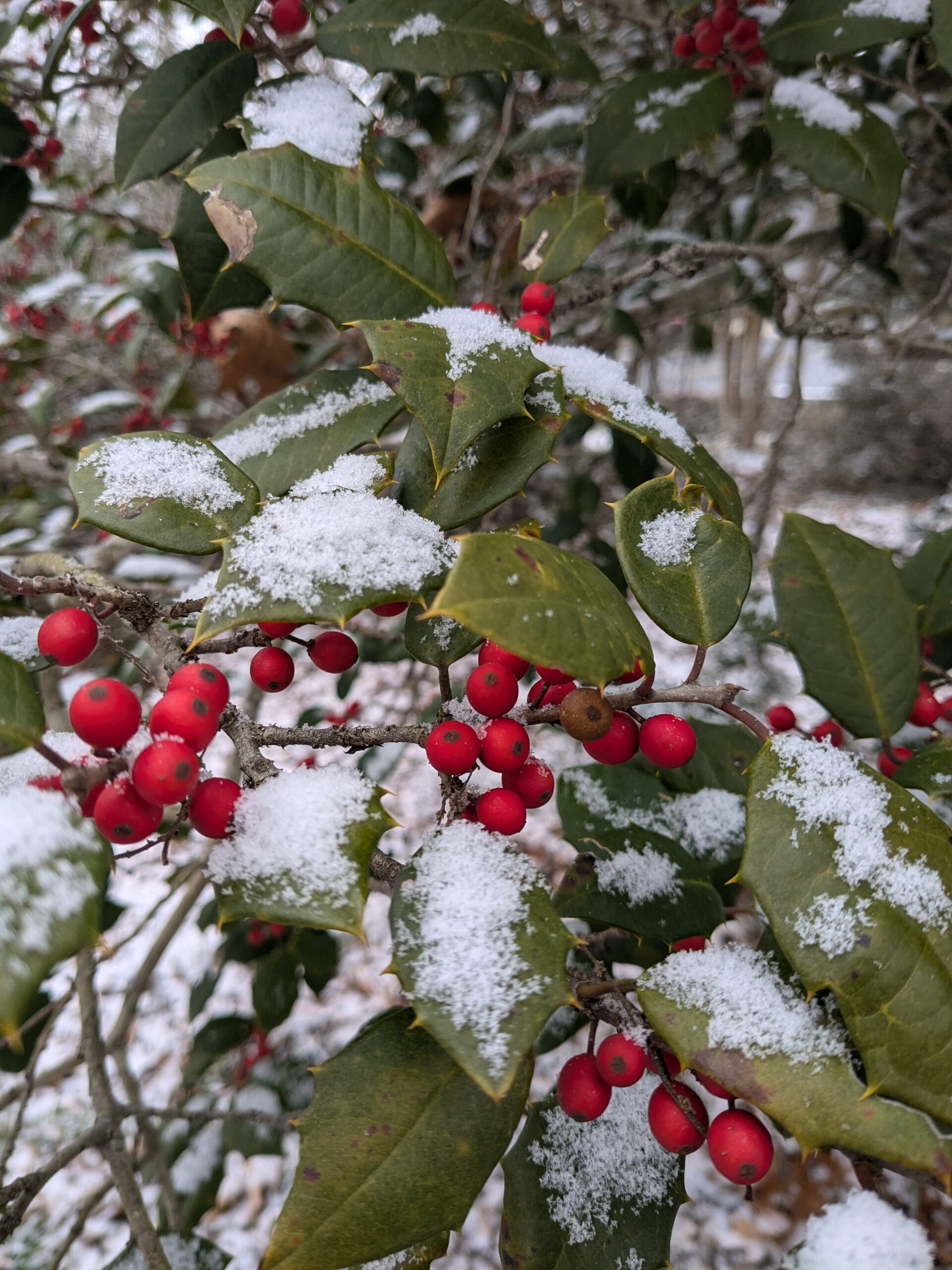
Last year I assigned my college composition class to read the medieval Romance poem Sir Gawain and the Green Knight (“GGK”). I had spent time studying it over the past year, and, with the help of the book Approaches to Teaching Sir Gawain and the Green Knight, I couched the reading of it within the… Read more
-
Dogmagic Poetry: Hiking Sketches, August 2024

Feeling washed out as the footbridge across Hoyle Creek Tributary. Its sand banks are slippery and soft, so the dog and I inch down to cross the slow flow that had just recently flooded. Mushrooms dot the forest floor from recent rain, all colors of them: white, orange, rust, yellow, red. The white ones are… Read more
-
Write Like a Knight; Irony in Creating Without Control
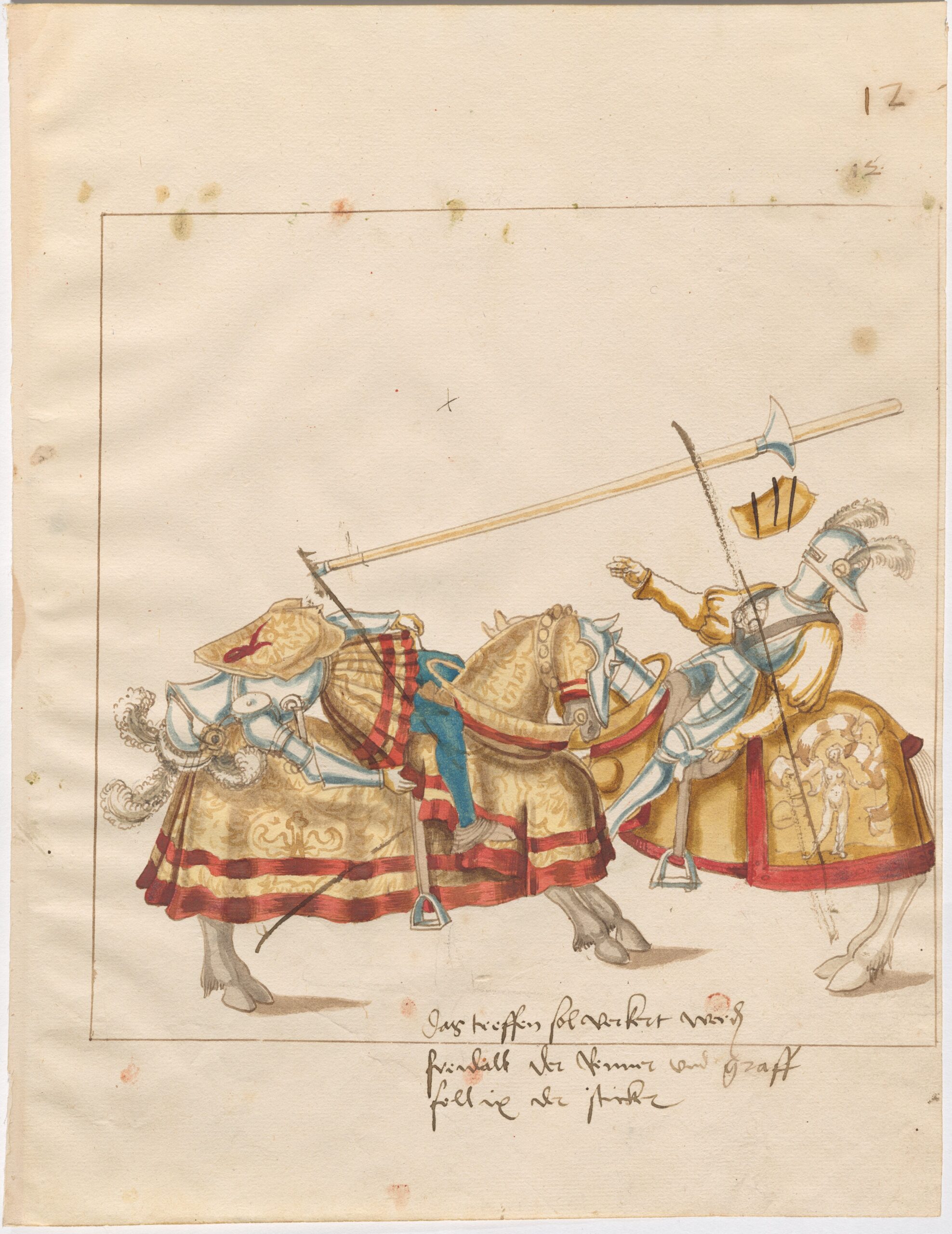
John O’Donohue says near the end of chapter 2 in Eternal Echoes that “It is vital that one’s spiritual quest be accompanied by a sense of irony” because it “ensures humility” (129). With dramatic irony, the audience knows more than the main character does; irony in this instance is not recognizing your own situation and/or… Read more
-
From Dormant Roots to Dragonfire: Writing the Self
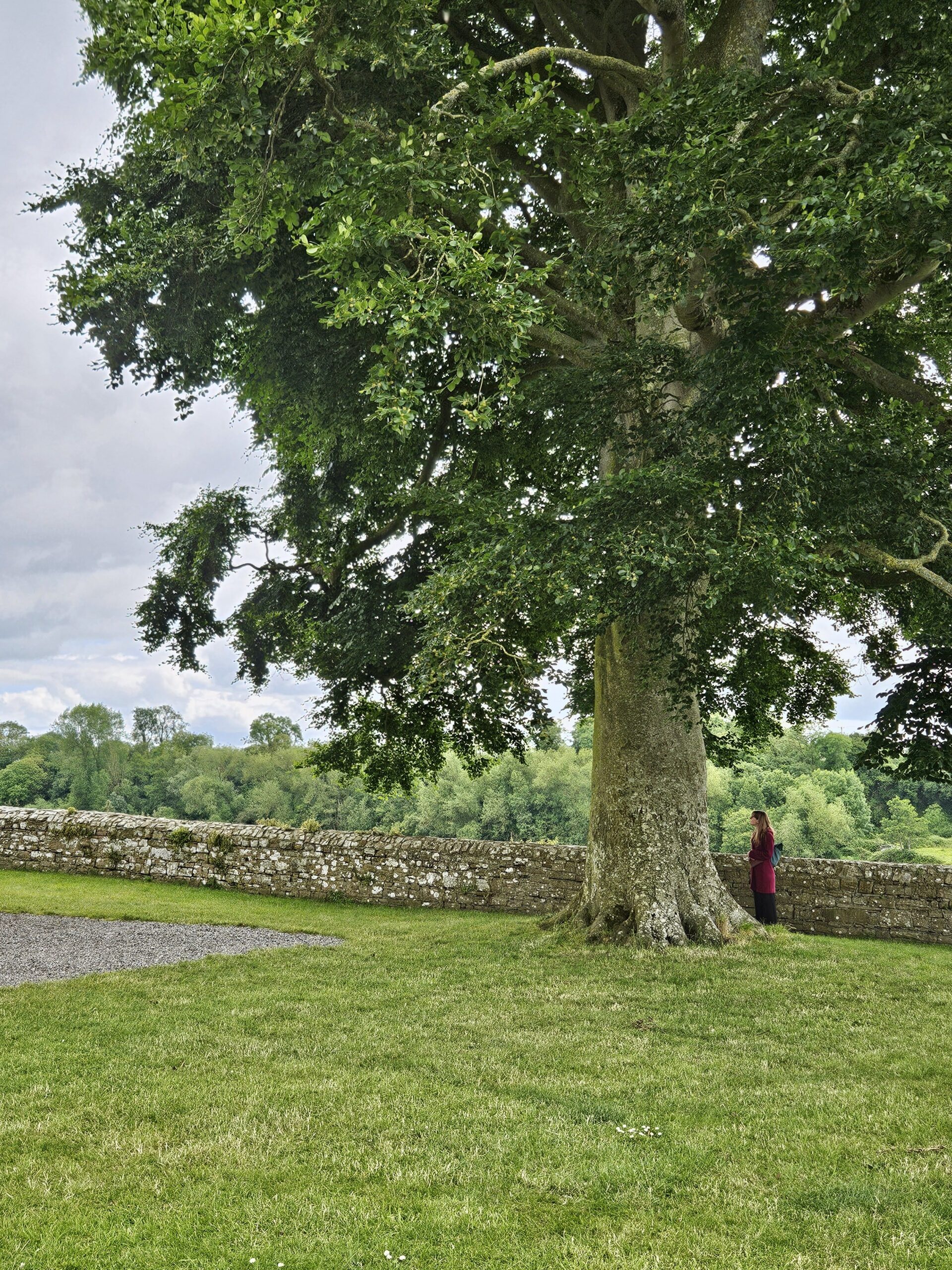
One of the most important experiences I had in my MFA was writing a poem. Here’s what happened:My teacher told us to go outside sometime that week and read Percy Bysshe Shelley’s “Ode to the West Wind.” She said this poem was meant to be read aloud…. loudly.Yell it.Yell the poem as loud as you… Read more
